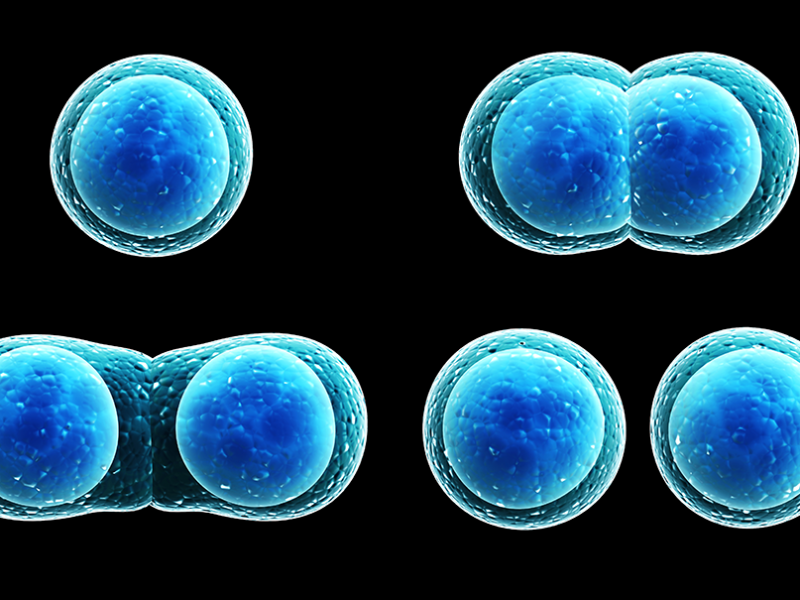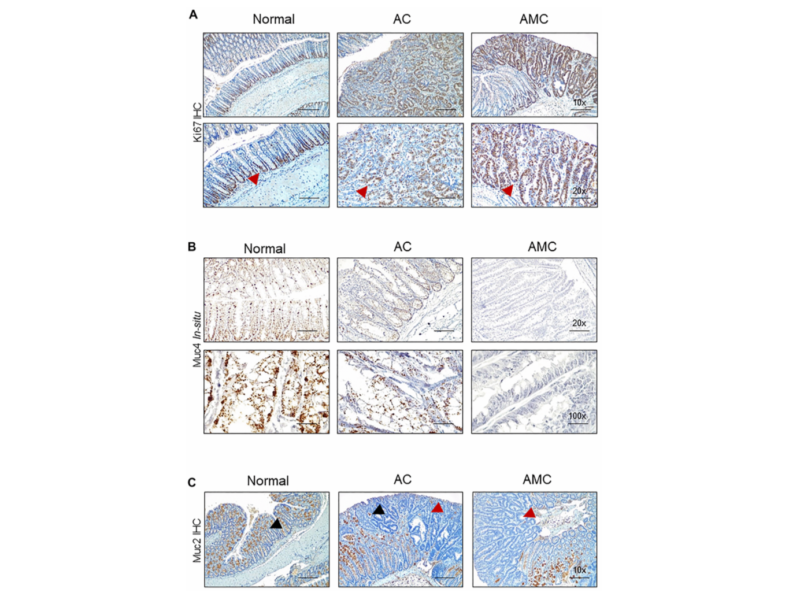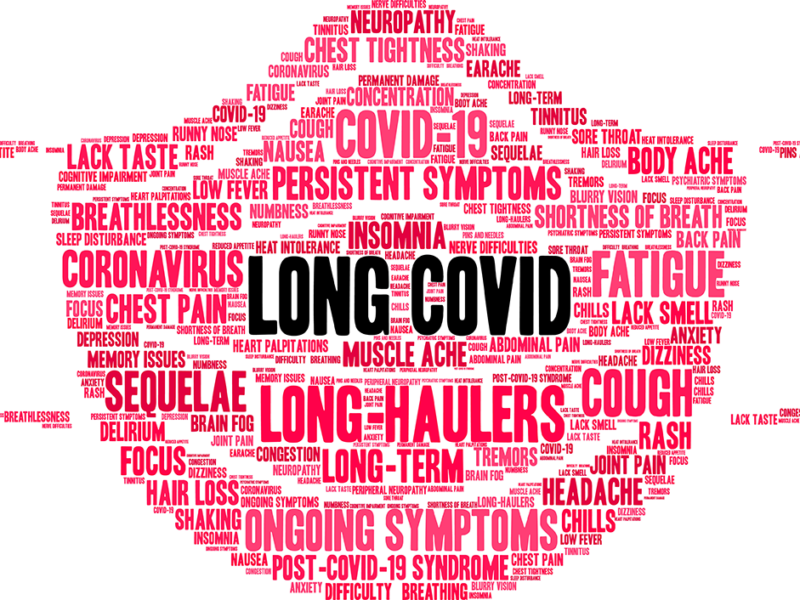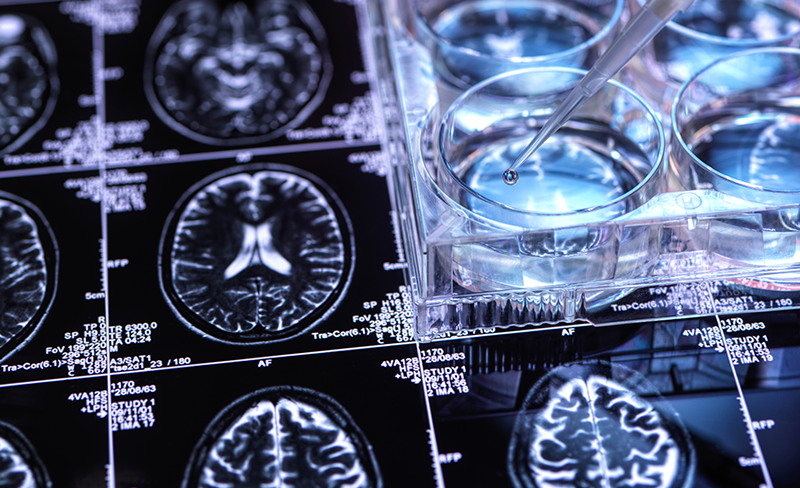Researchers conducted an interspecies analysis to determine the effects on aging that occur when certain plant proteins are expressed in animals and animal proteins are expressed in plants.
Aging-US Research
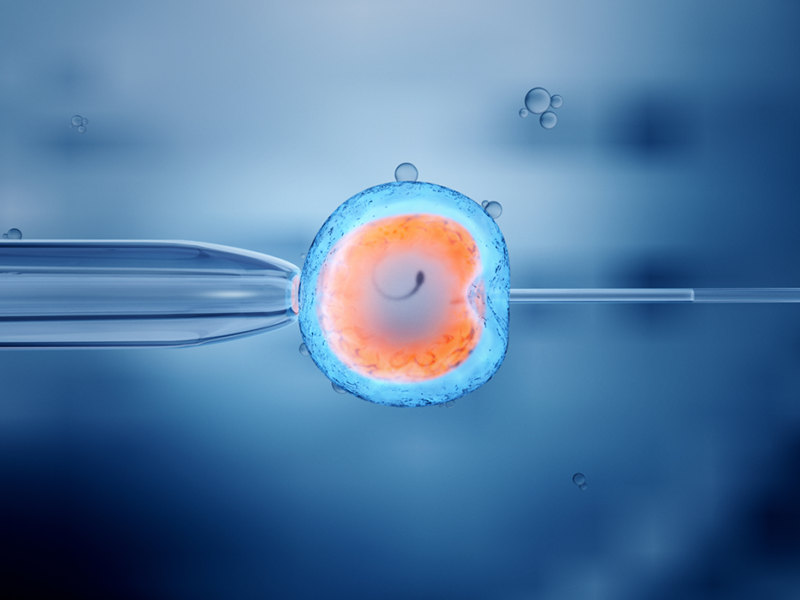
Researchers investigated the effects of injecting platelet-rich plasma in women with a poor ovarian response to in vitro fertilization (IVF).

The association between job-related stress and epigenetic aging was investigated using five epigenetic clocks and a Finnish cohort.
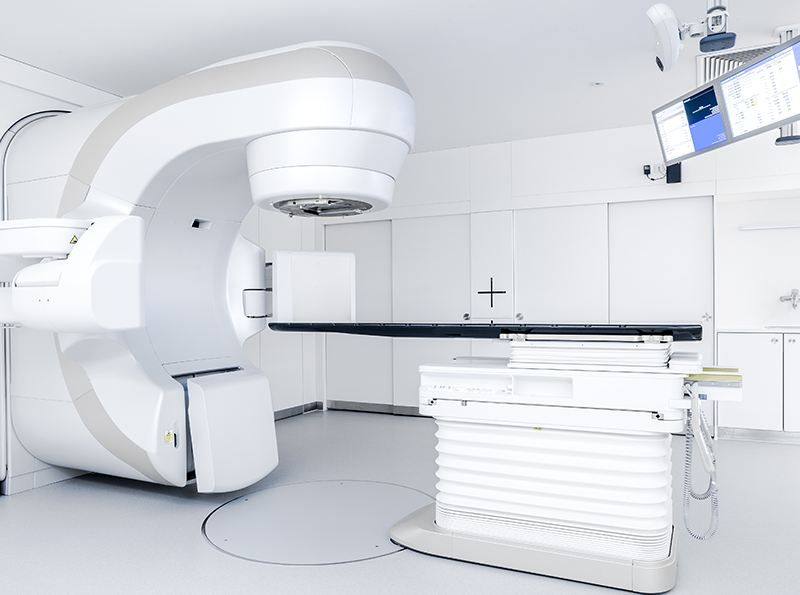
Researchers investigated radiation-induced senescent cells and their effects on tumor growth, and senotherapeutics to mitigate these effects.


